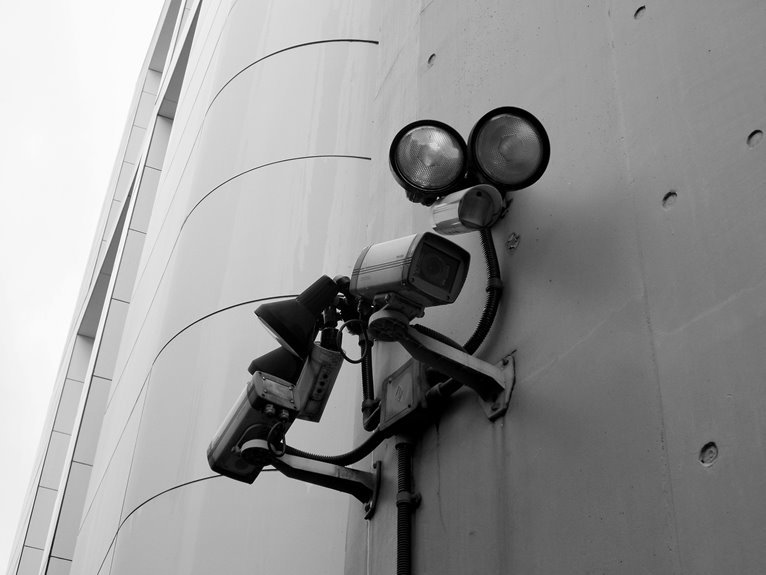How Long Is Cbd Detectable in Your System

The duration CBD remains detectable in an individual's system varies significantly. Several factors influence this timeframe, including dosage, consumption method, and personal metabolism. Regular users often retain CBD longer due to cumulative effects. Additionally, the metabolism process, primarily occurring in the liver, plays a crucial role in clearance. Understanding these variables is essential, especially for those concerned about drug testing outcomes. What specific implications might these factors have for users?
Factors Affecting CBD Detection in the Body
Several factors influence how long CBD remains detectable in the body.
CBD bioavailability plays a crucial role, as it varies based on the method of consumption.
Additionally, dosage effects can significantly impact detection duration; higher doses may lead to longer retention.
Individual metabolism, frequency of use, and overall health also contribute to how long CBD lingers in one's system.
Typical Detection Times for CBD
How long can one expect CBD to remain detectable in their system?
Typical detection times vary based on factors such as CBD dosage and consumption method.
Generally, CBD may be detectable in urine for 1 to 30 days, depending on individual metabolism and frequency of use.
Occasional users may clear it faster, while regular users could retain traces longer.
How CBD Is Metabolized
Upon ingestion, CBD undergoes a complex metabolic process primarily in the liver.
The substance is broken down through various CBD metabolic pathways, which influence its effects and duration in the body.
Factors such as dosage and method of consumption affect CBD absorption rates, determining how quickly and efficiently it enters the bloodstream, ultimately impacting its therapeutic potential and detectability.
Implications for Drug Testing and Usage
What should users consider regarding the implications of CBD in drug testing?
CBD legality varies by jurisdiction, impacting users' rights.
While CBD itself typically does not show up on drug screens, products may contain trace THC, leading to potential positive results.
Users should be aware of these factors to navigate drug screening effectively, ensuring compliance with laws and maintaining personal freedom in usage.
Conclusion
In conclusion, the detectability of CBD in the body is influenced by various factors, including dosage and individual metabolism. While typical detection times can range from 1 to 30 days, regular users may find traces linger longer. As CBD continues to gain popularity—much like the latest smartphone—understanding its metabolism and implications for drug testing is crucial. Users should remain informed about product contents, particularly THC levels, to navigate potential legal and health considerations effectively.





